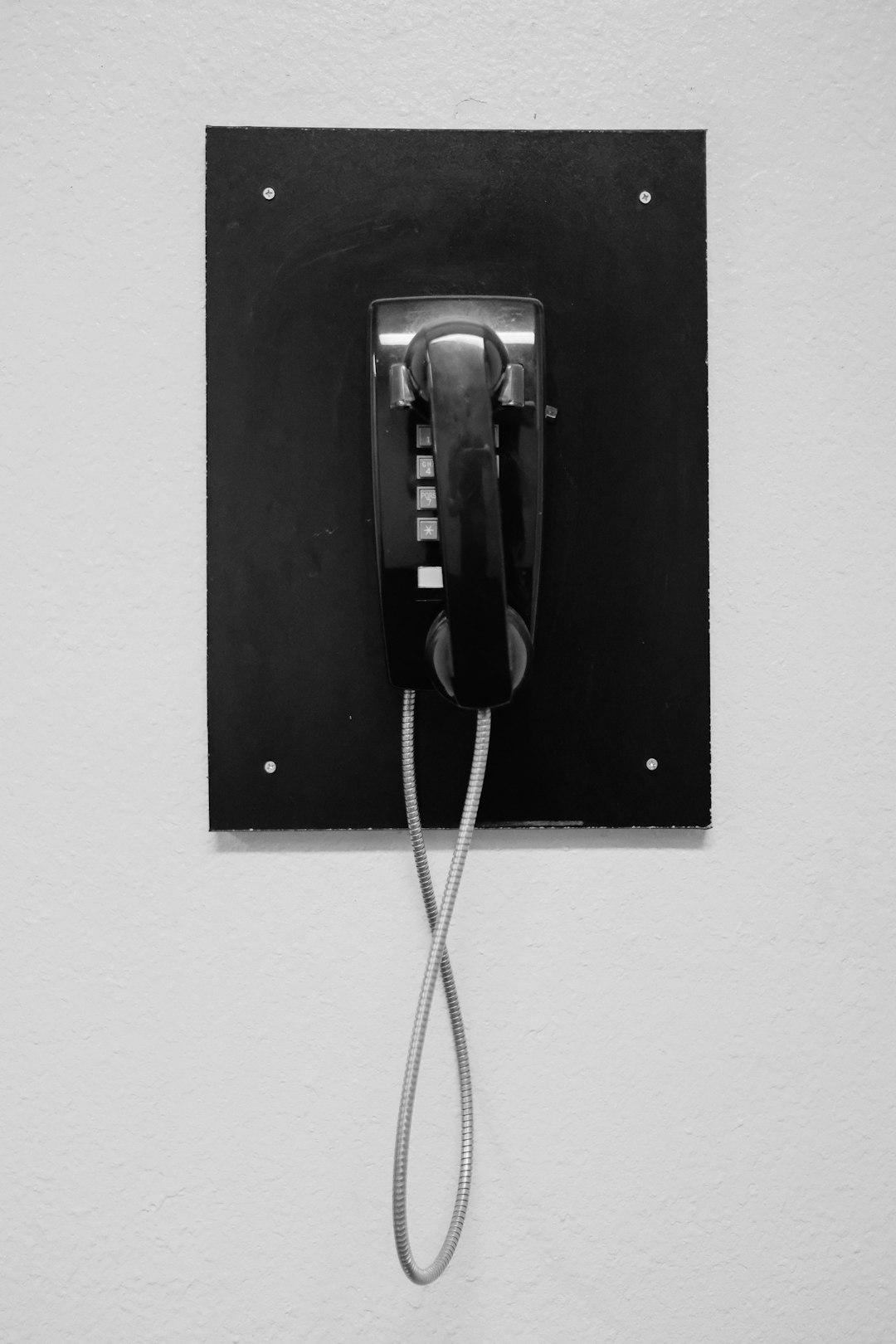In Pennsylvania, where the Telephone Consumer Protection Act (TCPA) is strictly enforced, TCPA attorneys are essential for businesses using automated dialing systems to avoid legal issues and reputational damage. These attorneys ensure compliance with regulations prohibiting pre-recorded or artificial voices and unauthorized calls without prior consent, safeguarding clients from substantial fines and ethical marketing practices. For Pennsylvania residents facing phone spam, engaging TCPA attorneys can help secure compensation and protect rights under this federal law restricting unwanted telephone contact.
In the digital age, understanding autodialers and their legal implications is crucial for businesses operating under Pennsylvania Law. This article delves into the intricacies of autodialers, exploring what constitutes an autodialer under state regulations, specifically focusing on the Telephone Consumer Protection Act (TCPA). We examine the legal landscape for using autodialers in PA, including potential claims and robust defense strategies. For businesses seeking guidance, TCPA attorneys in Pennsylvania offer expert navigation through this complex tapestry of laws.
What is an Autodialer Under Pennsylvania Law?

Under Pennsylvania law, an autodialer is a device that uses an automatic dialing system to make calls to telephone numbers in a manner that violates the Telephone Consumer Protection Act (TCPA). This includes, but is not limited to, using pre-recorded or artificial voices, and making automated calls without the prior express consent of the recipient. TCPA attorneys in Pennsylvania play a crucial role in navigating this complex legal landscape, ensuring compliance with state and federal regulations designed to protect consumers from unwanted telemarketing practices.
Pennsylvania’s interpretation of the TCPA is significant, as it has some of the strictest rules regarding automated calls, text messages, and other forms of digital communication. For businesses engaging in marketing activities via autodialers, understanding these laws is essential to avoid legal repercussions. Engaging the services of experienced TCPA attorneys can help organizations comply with Pennsylvania’s regulations and protect their reputation from potential lawsuits related to unauthorized or unwanted communications.
TCPA Regulations and Autodialers in PA

In Pennsylvania, the Telephone Consumer Protection Act (TCPA) regulations play a pivotal role in governing autodialers and automated telemarketing practices. These rules are designed to protect consumers from unsolicited phone calls, often referred to as robocalls, by placing restrictions on how businesses can use automation technology for marketing purposes. TCPA attorneys in Pennsylvania have a significant role in ensuring these laws are adhered to, safeguarding consumers’ rights against intrusive or unauthorized calls.
The TCPA specifically addresses the use of automated dialing systems, including autodialers, and requires prior express consent from recipients before making any telemarketing calls. This means businesses using autodialers must obtain explicit permission from individuals in Pennsylvania to initiate automated calls. Non-compliance with these rules can result in substantial fines, making it crucial for TCPA attorneys to guide businesses through the legal landscape to avoid such penalties and maintain ethical marketing practices.
Legal Implications for Using Autodialers in Pennsylvania

Navigating Claims and Defense Strategies with TCPA Attorneys in PA

Navigating complex legal terrain, especially with regard to consumer protection laws like the Telephone Consumer Protection Act (TCPA), can be daunting. In Pennsylvania, individuals who believe they’ve been wronged by unwanted automated calls or text messages have recourse through TCPA attorneys. These specialists are adept at interpreting and enforcing the law, which prohibits automated dialing systems from making prerecorded calls to telephone numbers without prior express consent.
TCPA attorneys in Pennsylvania play a crucial role in defending clients’ rights. They employ strategic defenses against claims, leveraging their knowledge of case precedents and regulatory interpretations. By understanding the nuances of the TCPA, these attorneys can help clients avoid costly legal battles, negotiate settlements, or mount effective defenses in court. Their expertise ensures that individuals and businesses alike are held accountable for complying with this essential consumer protection legislation.






